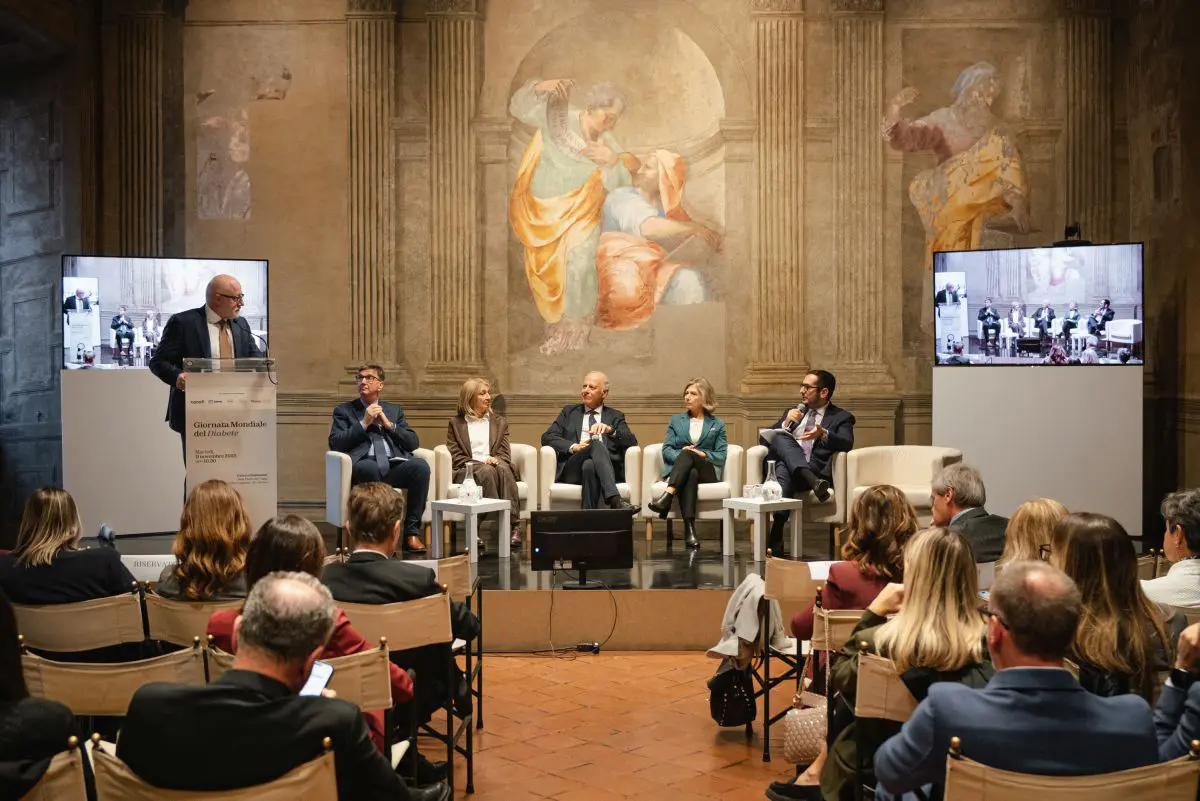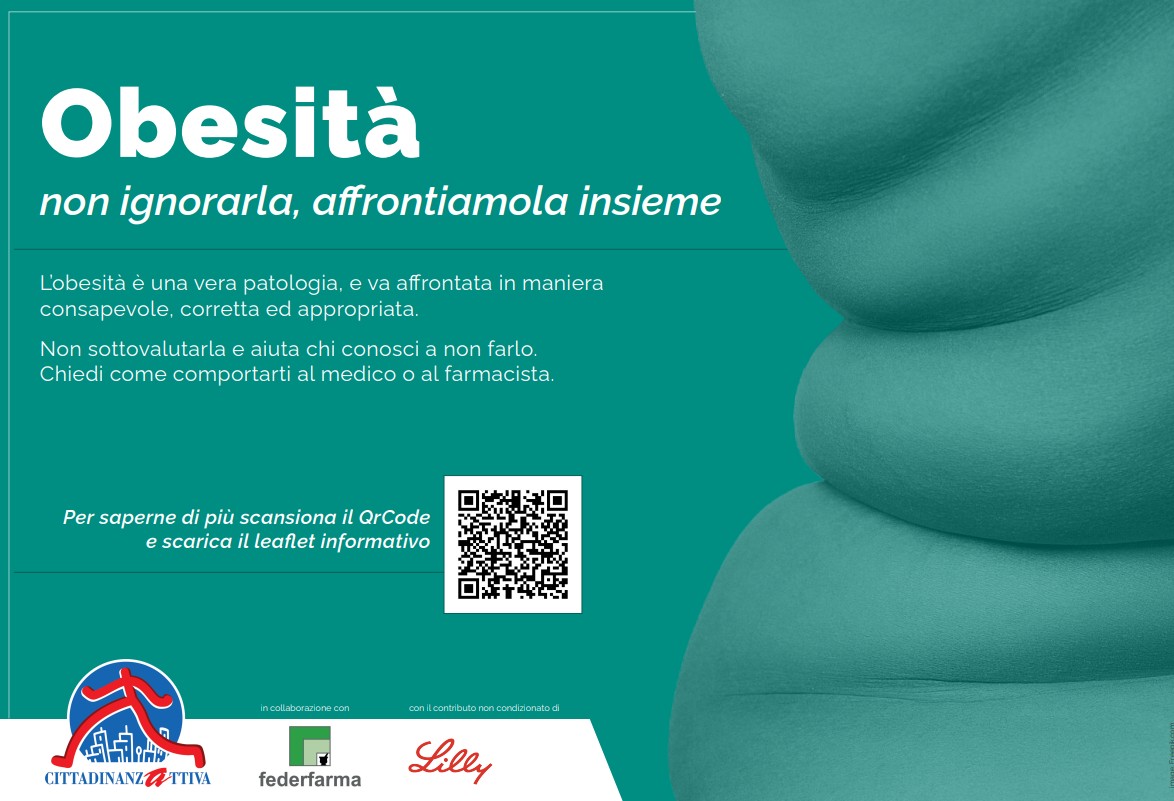ROMA (ITALPRESS) – The institutional event for the World Diabete Day 2025 was held today in Rome, which brought together representatives of institutions, scientific societies and patient associations to underline the importance of early diagnosis of Diabetes and homogeneous access to medical devices for pathology management. In Italy, approximately 4.3 million people with diabetes are estimated, according to the Report to Parliament 2024 drafted by the Ministry of Health in collaboration with the Higher Institute of Health. Type 2 Diabetes, which represents about 90% of the cases, mainly affects adults over 45 years and its frequency increases with age, being higher among people over 65 years. Type 1, Diabetes, instead, involves about 300,000 people in Italy, mainly children and young adults, and requires a timely diagnosis to prevent serious forms such as diabetic ketoacidosis. The event, carried out with the non-conditional contribution of Sanofi, Abbott, Roche Diagnostics, MOVI and Theras Lifetech, has allowed to deepen the discussion together with the main actors of the sector, focusing on the value of models of early screening and diagnosis, of the fair access to medical arrangements and the correct multidisciplinary takeover of the patient. Speaking during the work, Valentino Cherubini, President of the Italian Society of Endocrinology and Pediatric Diabetes, stressed that “The screening of Type 1 Diabetes gave very encouraging results in Italy: we have identified pre-syntomatic children and demonstrated its role in reducing the beginnings in ketoacidosis, with positive effects in clinical and economic terms. The SIEDP hopes that the extension of the program at national level will allow to eliminate the beginnings in ketoacidosis and allow children identified early to access therapies capable of delaying the appearance of the clinical disease, thus ensuring homogeneity and fairness in diagnosis, ensuring all the same opportunities to protect and safeguard the quality of life.» This echoes the intervention of Raffaella Buzzetti, President of the Italian Society of Diabethology “the screening provided by Law 130/2023 can determine significant positive outcomes for young patients, their families and the health system. It allows you to promptly start personalized monitoring paths and interventions, reducing the risk of acute complications and favoring more efficient use of welfare resources. Only by identifying the disease early and intervening quickly, it is possible to effectively protect the quality of life of small patients.” Buzzetti also reiterated “the importance of the continuous updating of the SID-AMD Guidelines and their timely reception in the regulatory framework, in order to favor a correct multidisciplinary takeover of patients”. The second part of the event was dedicated to the importance of medical devices and to the presentation of a policy paper developed by the Multistakeholder Working Group, which met for the occasion and which saw the participation of scientific companies, institutions and productive sector. Education for the use of medical devices also through the introduction of dedicated professional figures, dissemination of best practices for regional purchasing competitions that enhance quality and innovation, definition of European standards that certify the quality of the technology in use, are these some of the issues that emerged and from which the document presented. During his speech, Riccardo Candido, past president of the Medici Diabetologists Association, highlighted “the importance of joint training among physicians of general medicine, pediatricians and specialists to share knowledge and best practices in patient management and use of diabetes devices, avoiding disogence in care. It is also necessary to ensure that patients have a real fair access to medical devices, in order to ensure that their prescription is the result of a personalized choice focused on the indications of the professional and the needs of the patient”. The World Day of Diabetes 2025 has represented a moment of concrete and constructive confrontation between all actors of the system, strengthening the dialogue between institutions, scientific society and the private sector. A shared commitment to improve early diagnosis and ensure fair and innovative access to diabetes management technologies, for the benefit of patients and sustainability of the National Health Service. -photo press office Esperia Advocacy –(ITALPRESS).






